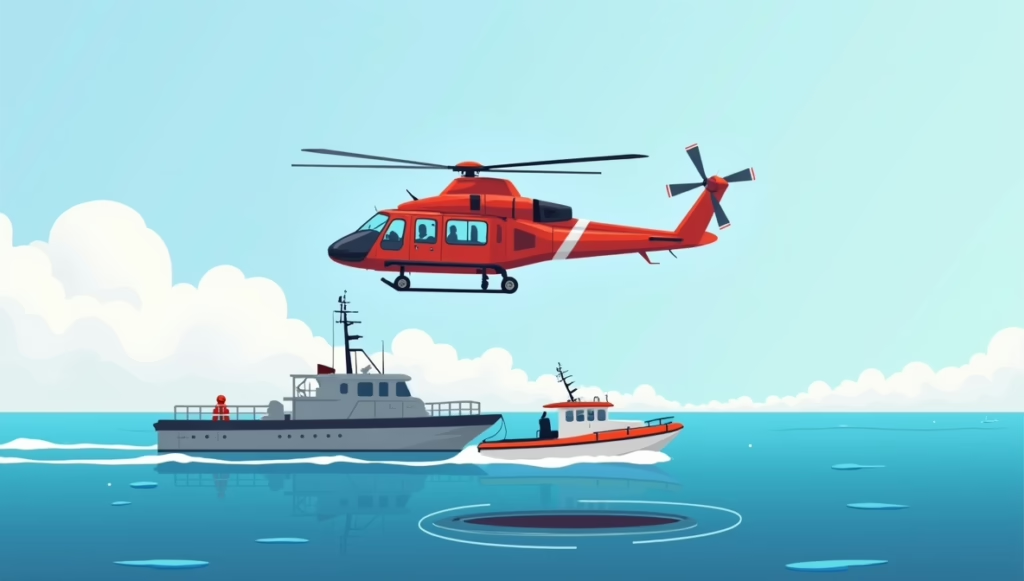In addition to our book Understanding Maritime Security that had been in the making for a long time, several shorter pieces have come out in the last months. Here is a short roundup (all open access).
In three publications I explore features of the critical maritime infrastructure protection agenda.
✘ The chapter Maritime Security in an Age of Infrastructure argues that we have to re-adjust strategy to deal with the fact that the seas are increasingly becoming a crowded and industrialized infrastructure space.
✘ The article Maritime Security and the Wind with Tim Edmunds uses the framework of our book and investigates what threats and risks are linked to the expansion of offshore wind farms around the world. Incorporating the security of such installations will become more and more important.
✘ In an article with Tobias Liebetrau, we explore how critical maritime infrastructure protection can learn lessons from counter-piracy and cyber security responses in order to design institutional set ups.
Other articles explore features of the global ocean politics agenda:
✘ A recent working paper takes me to the Atlantic Ocean. The Atlantic will be of increasing importance in global ocean politics, and I discuss how maritime domain awareness can become an important tool for strengthening regional cooperation under the recent Declaration on Atlantic Cooperation.
✘ I have had also the pleasure to contribute to an article on the pressing question of how we can reduce the climate impact on shipping, lead authored by Jan Stockbruegger. The article explores the question of why policy-makers continue to struggle to reduce the emissions of the maritime transport industry.
✎ Interesting things in the pipeline include a discussion of grey shipping, an exploration why the global maritime domain awareness architecture is so messy, an argument for why the UN needs a more coherent maritime security approach, and a review of the EU’s approach to the oceans.
